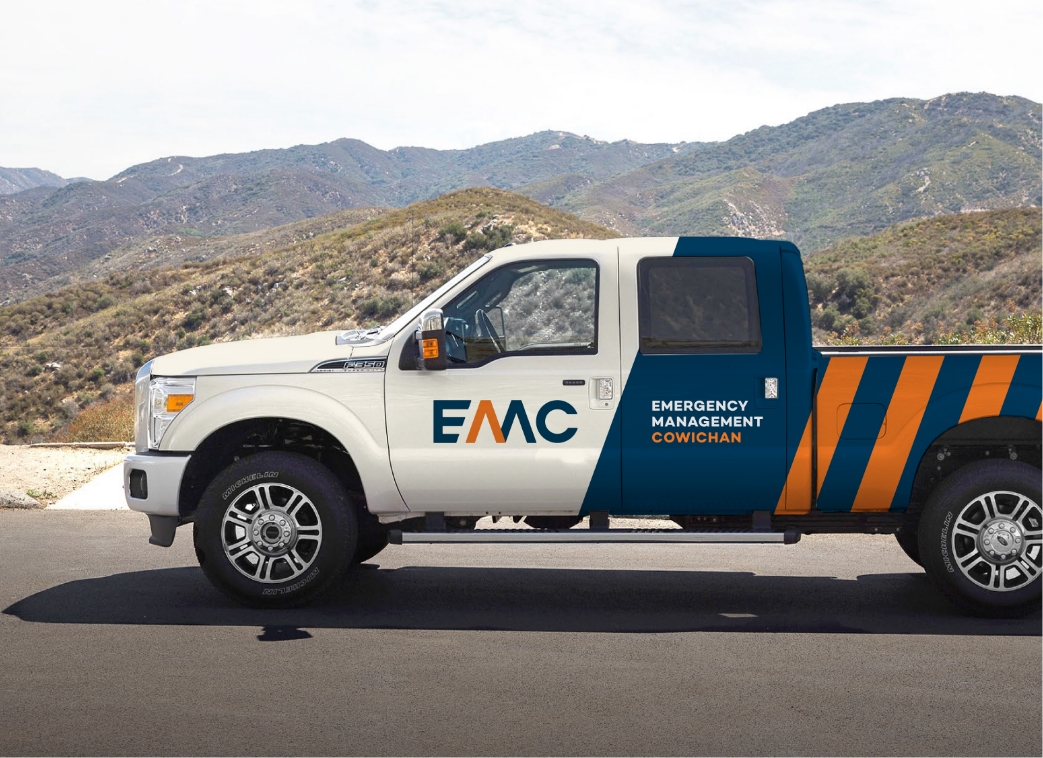We are stronger together. Anyone who has been through a disaster or been impacted by an emergency knows that it is easier when that experience is shared. Emergency Management Cowichan (EMC) is the embodiment of that idea. As emergency events become more frequent, and the impacts of climate change arrive on our doorstep, EMC is the regional emergency management organization planning Cowichan’s resilient future.

EMC is built on 20+ years of shared emergency management service. Through EMC, the Municipality of North Cowichan, Towns of Lake Cowichan and Ladysmith, City of Duncan, and the Cowichan Valley Regional District are working together to ensure that Cowichan mitigates, is prepared for, can respond to, and recover from, a range of hazards.
EMC is guided by provincial legislation and by the principles of the United Nations Sendai Framework for Disaster Risk Reduction. EMC is interested in understanding what makes Cowichan vulnerable to disaster impacts. Vulnerability might result, for example, from proximity to a hazard (such as living close to a river that floods), or from socio-economic conditions (unemployment, homelessness), or from discrimination based on gender, race, orientation, etc.
Where possible, EMC works to mitigate the impacts of hazards on Cowichan, and to advocate for change that will reduce vulnerability within our community. We work alongside other levels of government, Indigenous nations, and community service organizations in service of all Cowichan residents.

EMC enjoys partnerships with many organizations, including the First Nations of the Cowichan area on whose traditional territory EMC is grateful to do its work. Partnerships with first responders include fire departments, the RCMP, BC Ambulance, and both ground and marine search and rescue groups. We also work with a range of community service organizations. It is EMC’s mandate to grow and strengthen existing partnerships, and to create new ones over time.

